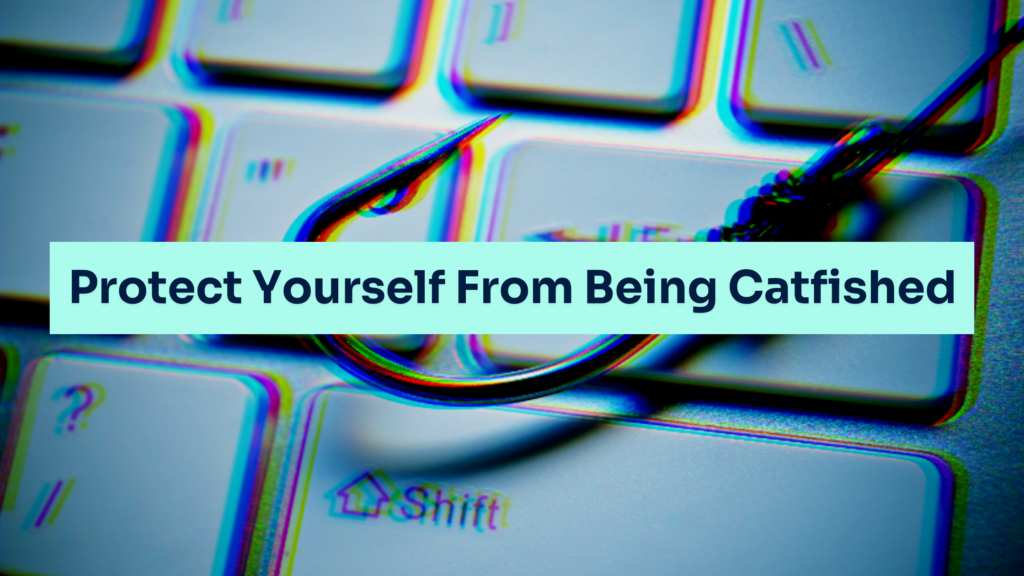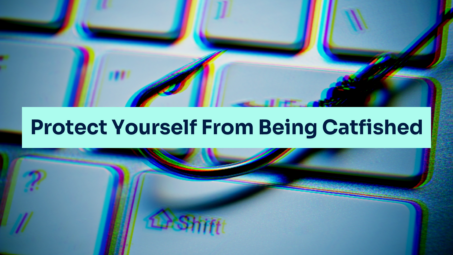
Catfishing is the act of creating a fake online identity in order to deceive someone. This is typically done with the intention of building a romantic relationship with the victim.
Here are some tips to avoid catfishing online:
1. Be wary of anyone who asks for personal or financial information early on in the relationship.
2. Avoid sending money or gifts to someone you’ve never met in person.
3. Look for inconsistencies in their story or the information they provided.
4. Don’t share sensitive information like your home address or phone number until you’ve met the person in person and trust them.
5. Trust your gut feelings; if something seems off, it probably is.
6. Be cautious of anyone who refuses to meet in person or provide proof of their identity.
7. Meet in a public place, and don’t go alone. If possible, bring a friend or family member with you.
8. Try to video chat before meeting up in person to confirm their identity and ensure you are comfortable with them.
9. Be very careful about the amount of personal information you share online, and be aware of the potential for fraud and scams.
10. Keep a healthy dose of skepticism, and don’t be too quick to trust someone you’ve only met online.
11. If necessary, report suspicious behavior to the dating site or app and to the authorities.

FAQ’s
Q: How do people usually get catfished?
A: People usually get catfished through dating apps, social media sites, or online forums. Catfishers often create fake profiles and use them to build trust and a sense of connection with the victim before asking for money or personal information.
Q: What should I do if I think I’m being catfished?
A: If you suspect that you’re being catfished, ask for proof of their identity. Additionally, you should report the incident to the platform where the interaction occurred and consider contacting law enforcement if you’ve been scammed or had your personal information compromised.
Q: Are catfishers always after money?
A: Not necessarily. Some catfishers may be motivated by the thrill of the deception itself or may have other reasons for wanting to deceive someone. However, many catfishers do use their fake identities to scam victims out of money or personal information.
Q: How can I protect myself from being catfished?
A: To protect yourself from being catfished, it’s important to be cautious when interacting with people online, particularly when it comes to sharing personal information or sending money. Additionally, be sure to use dating apps and other platforms with robust safety features, such as identity verification and reporting mechanisms for suspicious behavior.
